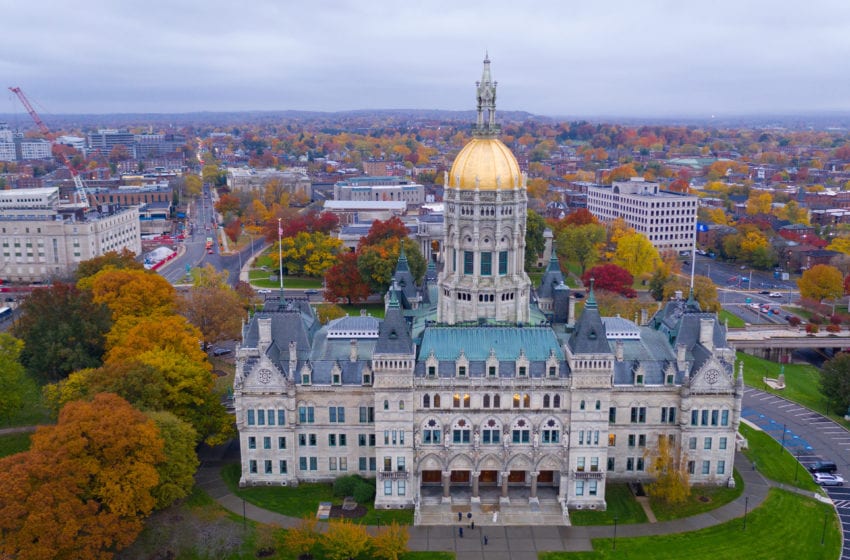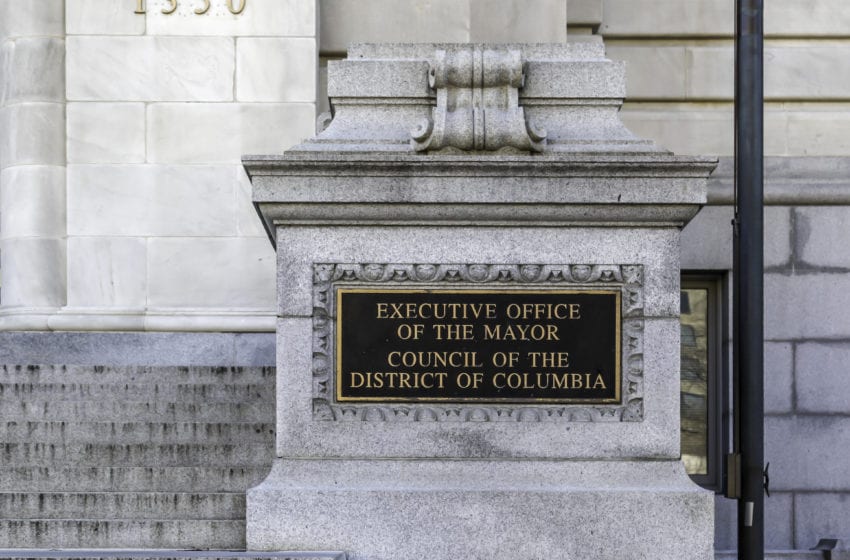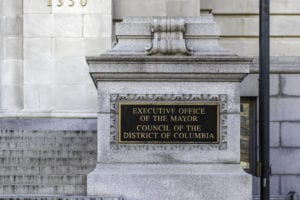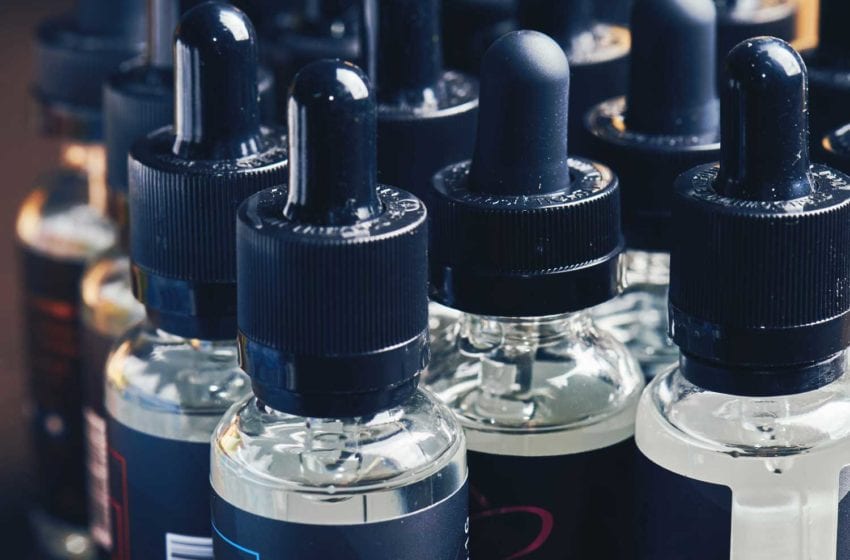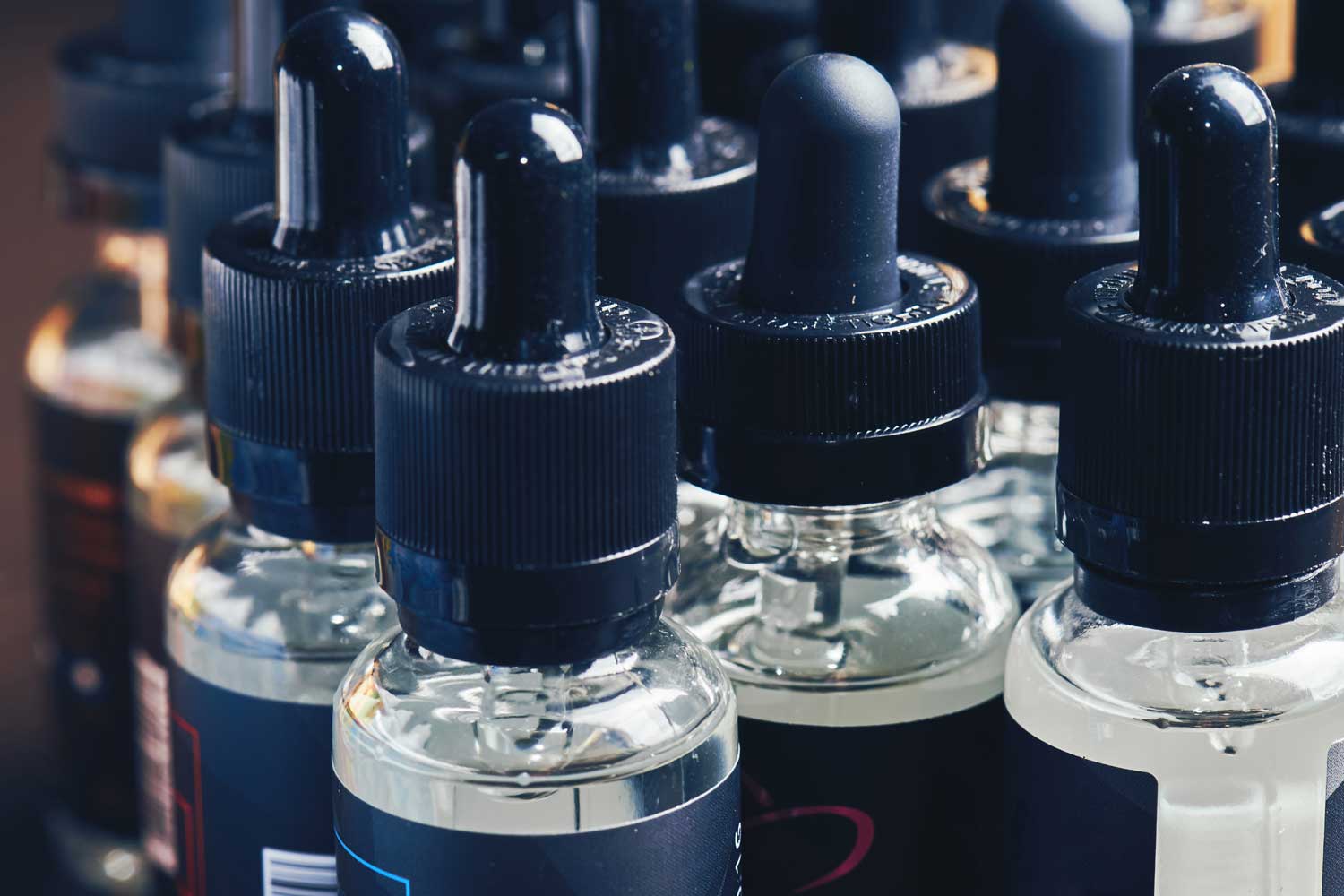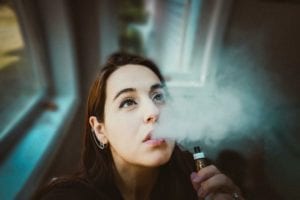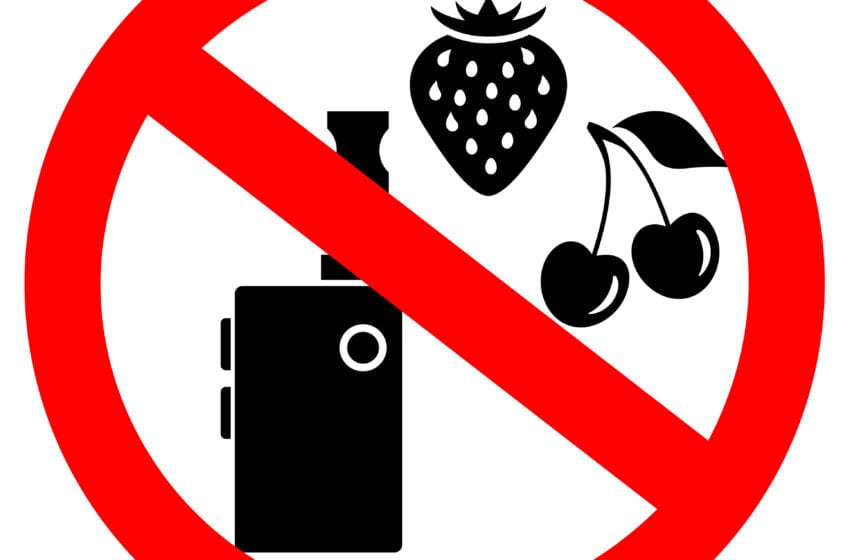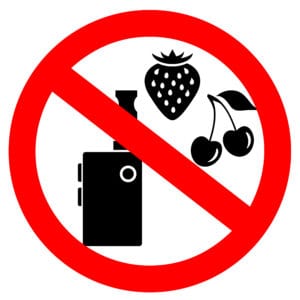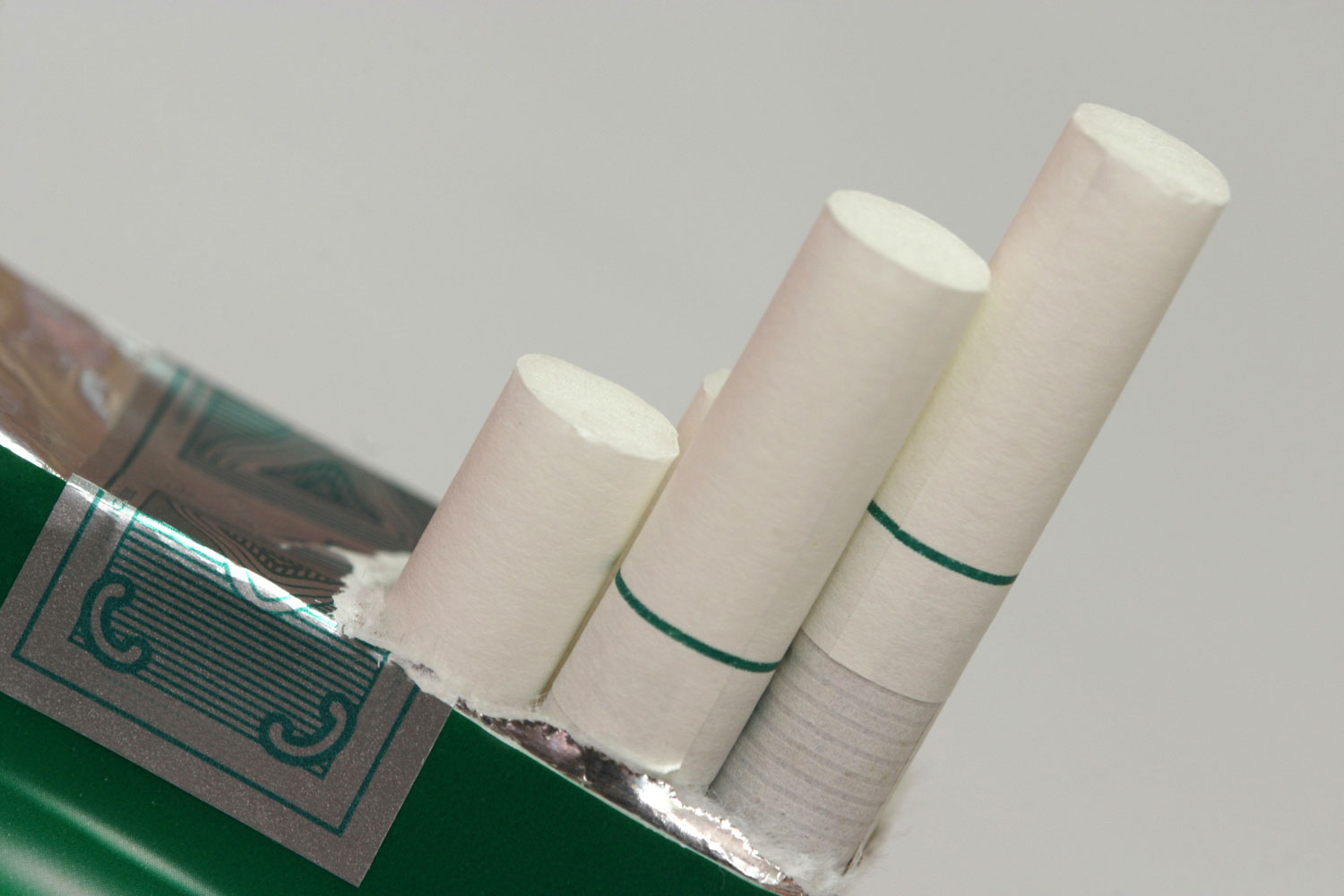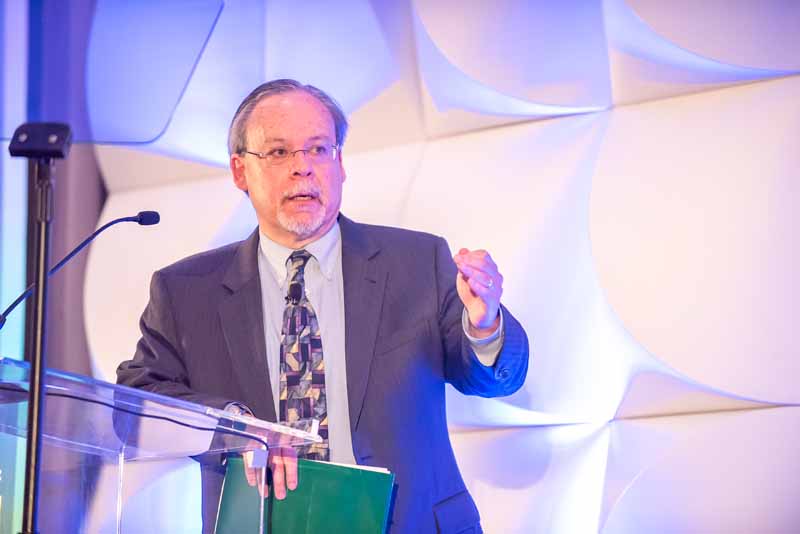
Sales of flavored tobacco products decreased significantly in the wake of San Francisco’s ban, but teenagers were also more likely to take up smoking relative to their peers in other cities, according to two separate studies.
In the summer of 2018, San Francisco residents voted overwhelmingly to ban the sale of flavored tobacco products, including nicotine vaping products and menthol cigarettes. By January 2019, when the prohibition took effect, almost every retailer in the city was immediately compliant.
A study from researchers at RTI International, Stanford University School of Medicine and the California Tobacco Control Program, published in Tobacco Control, measured changes in tobacco sales before and after San Francisco’s law prohibiting flavored tobacco products. The study found that sales of all flavored tobacco products—including menthol cigarettes and flavored e-cigarettes—were virtually eliminated in the city after implementation of the policy, with no evidence of widespread substitution of non-flavored products.
Sales of all flavored tobacco products decreased by 96 percent in San Francisco after implementation of the city law in early 2019. Total tobacco sales also significantly decreased over the same period, suggesting consumers did not broadly switch to unflavored tobacco products.
“A reduction in total tobacco sales in SF suggests there was not a one-to-one substitution of tobacco/unflavored products for flavored products,” the authors wrote.
However, a recent study published in JAMA Pediatrics, found that teenagers in the San Francisco’s high schools were more likely to take up smoking than teenagers in other U.S. school districts after the city’s flavor ban took effect. (San Francisco later became the first U.S. city to ban sale of all e-cigarettes, but the effects of that were not the subject of the study.)
Prior to the flavor ban, smoking rates in San Francisco paralleled many cities across the country, showing fewer teens using combustible cigarettes over time. After the city enacted its policy, the odds of smoking among its high school students, relative to trends in comparison school districts, more than doubled.
The findings come as other cities are acting against flavored tobacco products. On June 16, the Los Angeles City Council voted to end the sale of flavored tobacco products in the city. The measure covers flavored e-cigarettes, menthol cigarettes and flavored cigars but exempts certain hookah products.
In California alone more than 100 cities and counties that have cracked down on flavored tobacco products. In 2020 the state acted to end the sale of flavored tobacco products, but the law is on hold because of an effort to overturn it through a November 2022 referendum.


